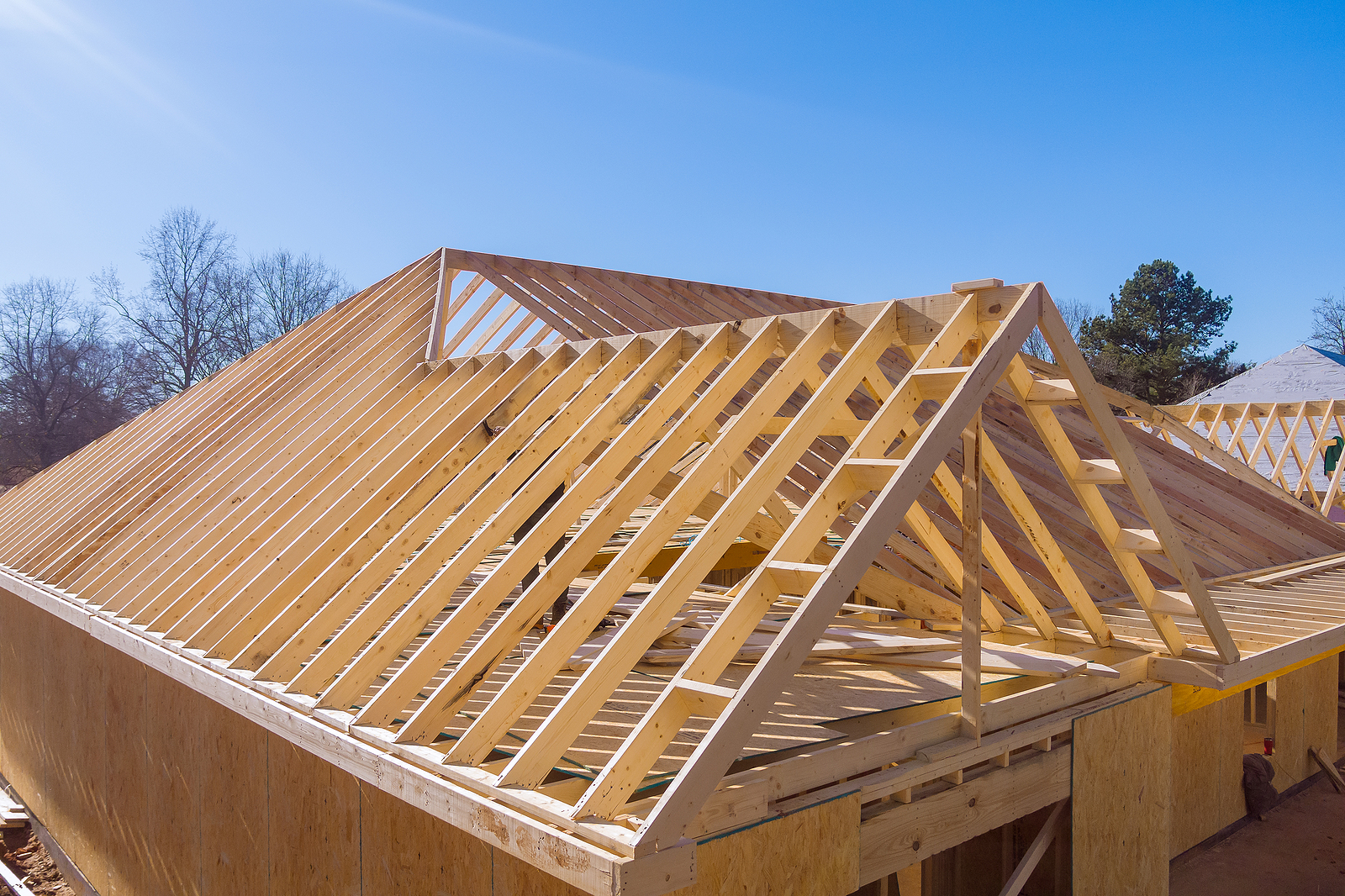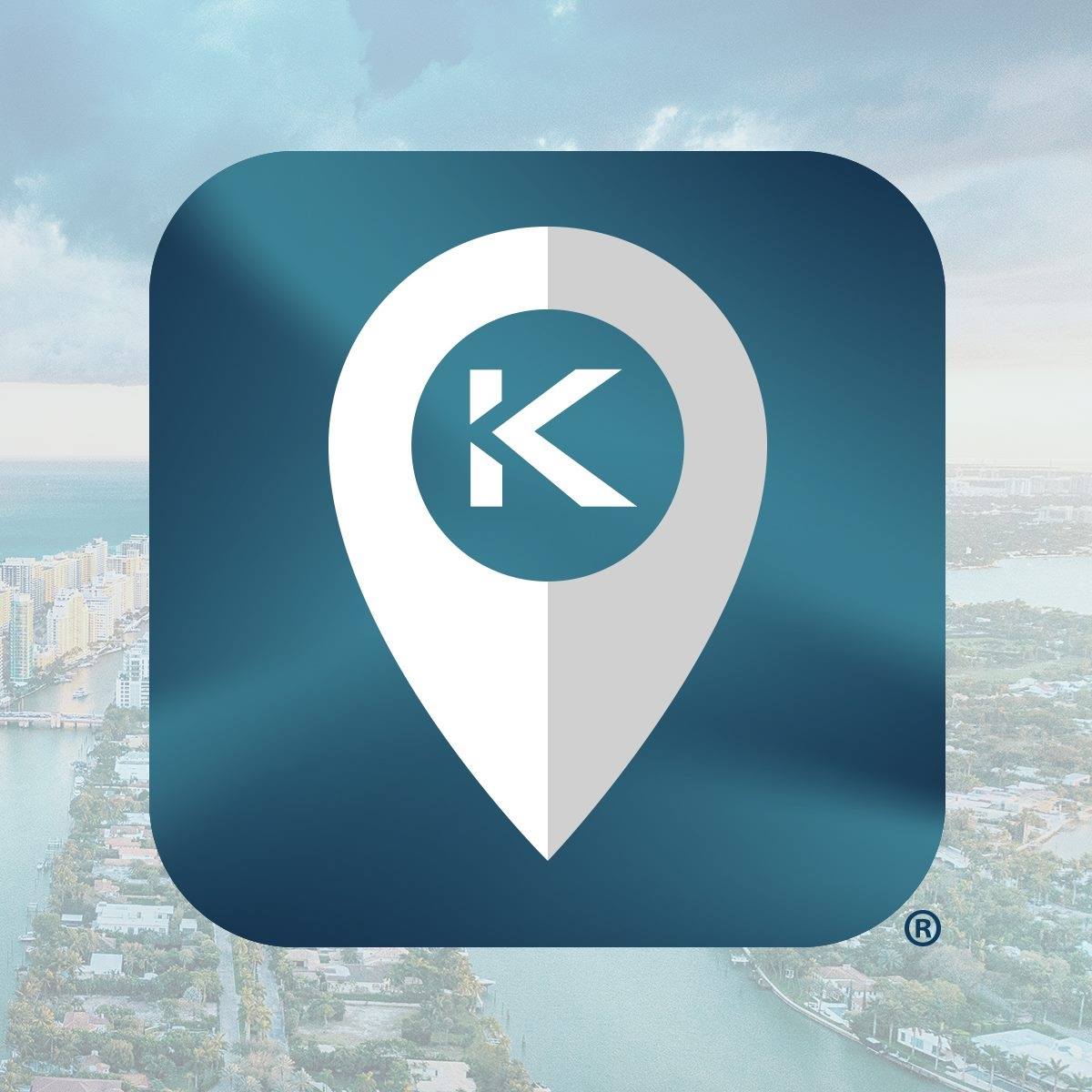Home builders are back at work! In fact, according to the Census Bureau, permits for single-family homes increased 7.6% in February over January.
This is not surprising when we take into account the demand for homes of any age and the statistics that show 60% of homebuyers “…prefer a new construction home over an existing home.”
If this includes you, we’d like to share several aspects of new-home shopping and purchasing that you may not know.

1. The new-home mortgage
Just as when you purchase a pre-owned home, you’ll need to visit a lender for mortgage pre-approval consideration. This way you’ll not only know for certain that you can get a home loan, but also the amount you’ll be receiving, which helps you avoid looking at homes that are out of your price range.
Most new-home builders have established relationships with their own “preferred lenders.” Depending on the builder you speak with, you may feel pressured to use that particular lender.
“The builder may make it seem like you have to use their preferred lender, but you always have the option to finance your home with someone else,” according to the experts at Better Mortgage.
“It’s often in the builder’s best interest for you to partner with their preferred lender, but it may not be in yours,” they conclude.
You may, on the other hand, get a better deal with the builder’s preferred mortgage company. That’s why it pays to shop around before settling on one.
2. Get your own real estate agent
The first person you’ll meet when you visit a new-home community will most likely be the builder’s real estate agent. Even though he or she may be a very nice person and knowledgeable about the homes and the community, resist any pressure to allow the agent to represent you in your purchase.
The builder’s agent represents the seller, the builder in this case. It’s important for you to have your own representation as well.
Since a buyer’s agent costs you nothing (the builder pays the buyer’s agent commission) you have nothing to lose and lots of protection to gain by working with your own agent who is looking out for your best interests.

3. How will you deal with deciding between standard options and upgrades?
The interior of the home will come with what are known as “standard” options. You will also be offered a choice of upgrades for most of these options.
If you fell in love with the model homes, you’ll pay a pretty penny to recreate them because they’re all furnished with upgrades.
Examples of standard vs. upgrade include:
- Standard vs. high-end cabinets
- Neutral paint colors vs. specialty paint colors
- Carpet vs. wood floors
Keep in mind that upgrades are going to increase the sticker price on your home. Sometime significantly so.
This is where your buyer’s agent will be extra helpful. As you tour the design center and come across an upgrade you like, ask your agent if the upgrade is worth the investment and whether you’re likely to see a return when you sell the house.
You might also consider reaching out to vendors directly because you may get these upgrades after closing for much less than what the builder would charge. It’ll be even cheaper if you’re handy and can install the updates yourself.
This said, upgrading a kitchen (or bathroom) is not an especially easy project and — let’s be honest — do you really want to move into a brand-new home and already feel like your kitchen needs renovating? In some cases, it may be worth the splurge to get the materials and appliances you really want from the outset.
To help you make up your mind, visit this blog post at Realtor.com.
We can help you navigate the new construction waters and bring you to a successful close on your brand-new home. Feel free to reach out to us.






